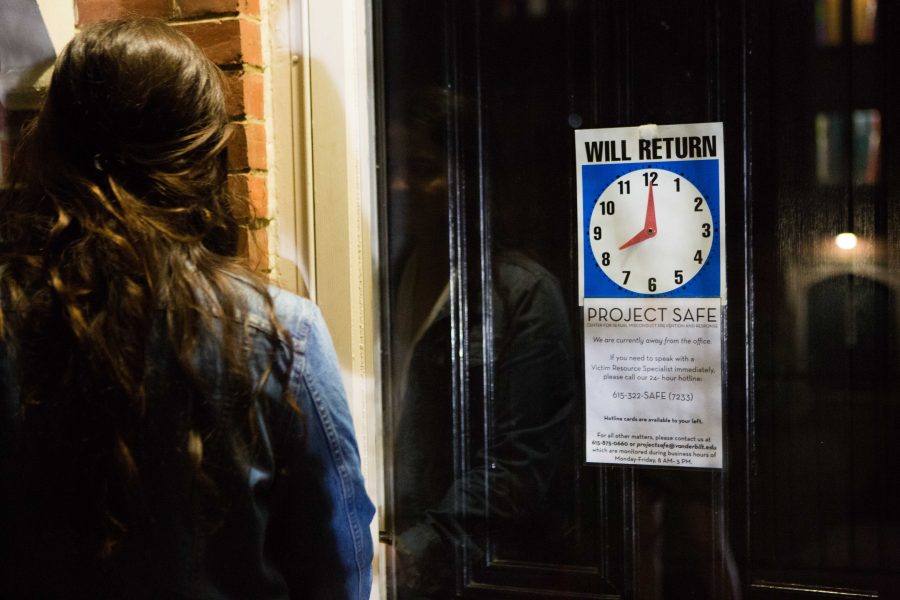Content warning: sexual assault
On Sept. 16, Dr. Christine Blasey Ford finally bared her wounds to the public. She credibly accused Supreme Court nominee Brett Kavanaugh of sexually assaulting her when the two were at a party in high school. Kavanaugh has denied this, claiming that he never went to the party in question. The evidence is stacked in Ford’s favor: she has corroborating witnesses, has accepted an invitation to testify in front of Senate Judiciary Committee this Thursday and wants the FBI to investigate the incident. An analysis of false reporting of sexual assault indicates that only between two and 10 percent of accusations are untrue. Given that less than one in ten such allegations are false and Ford is being totally transparent, barring testimony, any reasonable person would conclude that Ford is likely telling the truth.
Interestingly, many of Kavanaugh’s advocates have accepted Ford’s testimony. As Jia Talentino of the New Yorker points out, his defenders have simultaneously chosen to believe Ford and downplay the significance of the incident.
The conservative vindication of sexual assault is startling. Rod Dreher, a columnist for the American Conservative, questions, “I do not understand why the loutish drunken behavior of a 17-year-old high school boy has anything to tell us about the character of a 53-year-old judge.” Pundit Ari Fleischer derides the ethics of punishing people for long-past sexual assault. And, most poignantly, former Congressman Joe Walsh (R-IL) asserts, “If stupid, bad or drunken behavior as a minor back in high school were the standard, every male politician in Washington, DC would fail.”
Yes, it’s possible that these men would not be making these excuses if they didn’t want Kavanaugh on the Supreme Court. But their arguments do not exist in a vacuum. They come from a troubling place in the American masculine psyche.
As men, we know we are all capable of sexual assault. If we have the motivation, we have the means to do it. No matter how noble we think we are, society’s voice still sits in the back of our mind, whispering “All of the guys are hooking up. You need to be one of the guys. This is your opportunity. Don’t worry about the costs.” At this age, men are challenged to have as many partners as possible in order to demonstrate their manhood. This explains why we’re most likely to rape when we’re young and around alcohol–it’s when maturity and our frontal lobes are least able to neutralize this impulse. As such, some of us are pushing a narrative that minimizes the risk of being punished for the crimes from our youth.
Of course, women also recognize what men are capable of. They know that, no matter how reassuring his face is or how sweet he comes across, he can still do much damage. And men don’t like being recognized for the damage that we’re capable of. Thankfully, in the age of #MeToo, many women feel empowered enough to take action.
I’ve experienced this firsthand. This summer I went to a bar with a group of friends. As the night progressed, one of my best girl friends had too much to drink, so I was shoveling her water. An acquaintance of hers, who didn’t know my intentions, approached me before she left. She looked me dead in the eyes and warned, “If you do anything-–ANYTHING–to her, I’ll cut your balls off.”
Whether it be legal repercussions or social ostracization, men cower at the prospect of punishment. And we know that we are capable of committing the crime. So now that women are putting their collective foot down and demanding consequences to men’s actions, some feel it’s necessary to downplay the importance of youthful sexual barbarity. And if they’re successful, some might feel empowered to plunder women’s bodies, to heed the words of the voice in their heads.
Let’s make sure young men know that we will be held accountable. That youth and alcohol are not a cover for rape. That we’ll carry our crimes with us, just as the survivors carry their trauma.
Max Schulman is a sophomore in the College of Arts and Sciences. He can be reached at maxwell.r.schulman@vanderbilt.edu.




Man with the Axe • Oct 13, 2018 at 9:57 pm CDT
This article didn’t hold up very well. It turns out that Ford did not have corroborating witnesses or evidence of any kind. It seems that she lied about her fear of flying. She could not remember details of such important points as whether she showed her therapist’s notes to reporters. She lied about not knowing how to contact her senator and that is why she contacted the Washington Post. She lied (probably) about not knowing that the senators had offered to fly out to California for a private interview.
If this were a normal, non-political case, no one would believe her.